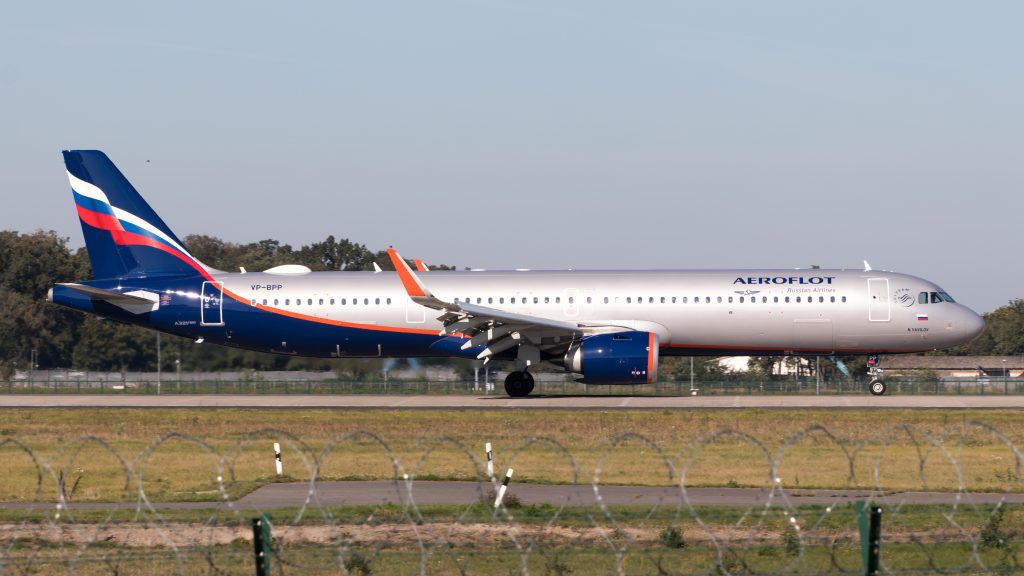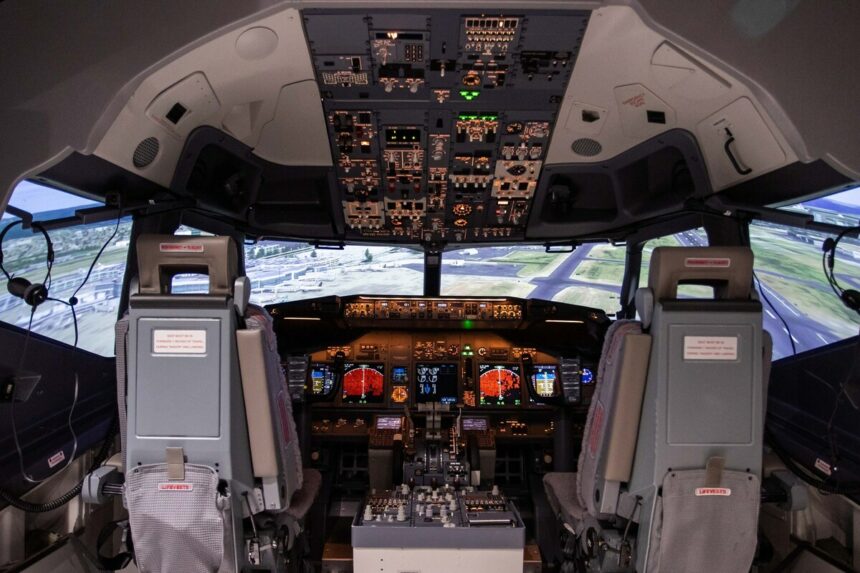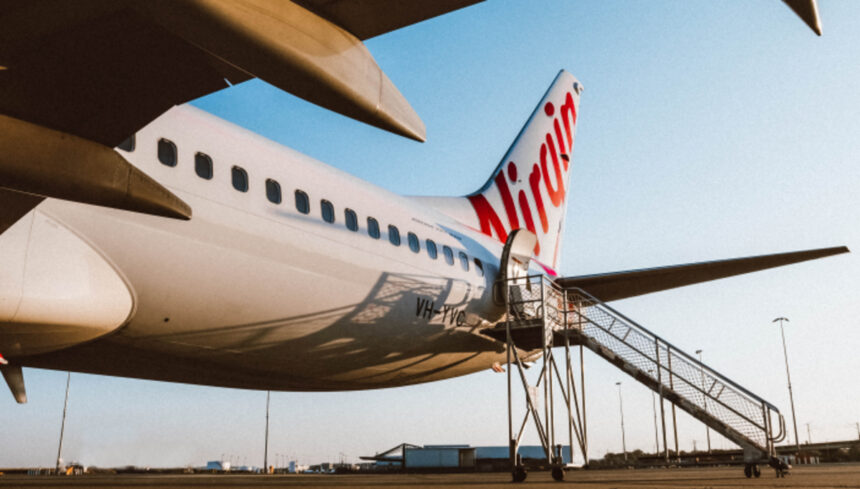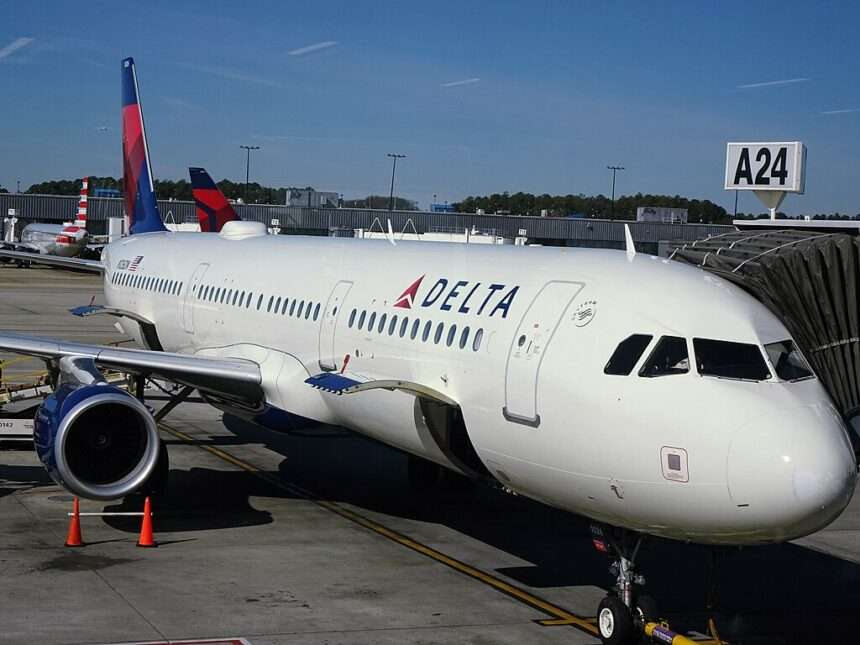LONDON – In December 2022, the Aeroflot Group Board of Directors approved a document stating its updated strategy up to 2030.
Refocused Goals
The Moscow-based airline group, the largest in the Russian Federation, stated the update to its strategy was based on aligning the groups goals to the “Comprehensive programme for the development of Russia’s air transport industry through 2030” which was approved by the Russian Government in 2022.
The Group announced it would focus on goals to remove reliance on non-Russian technology and to continue its leadership in the Russian airline market.
The carrier stated it had already moved to a Russian-made booking system, Leonarndo, as part of this strategy.
In a press release, issued on 30 January 2023, regarding the update to its strategic direction, Sergey Aleksandrovsky, CEO of PJSC Aeroflot, said: “Aeroflot Group strategy has been updated to reflect the new realities for the Russian civil aviation.”
“In the short term, our efforts will be focused on ensuring technological independence from foreign products across all of the Group’s business processes.”
“Besides, we aim to provide connectivity of the country and increase the air travel mobility of the population through expanding the regional route network.”
“Maximizing the opportunities for travellers to fly direct within the country is a task of national importance, which we will continue to implement in accordance with the parameters of the new Strategy.”
Turning to the East
Aeroflot Group, which includes the Russian flag carrier Aeroflot and several other airlines, continues to be impacted by flight restriction to and from the Russian Federation, primarily to destinations in Europe and North America.
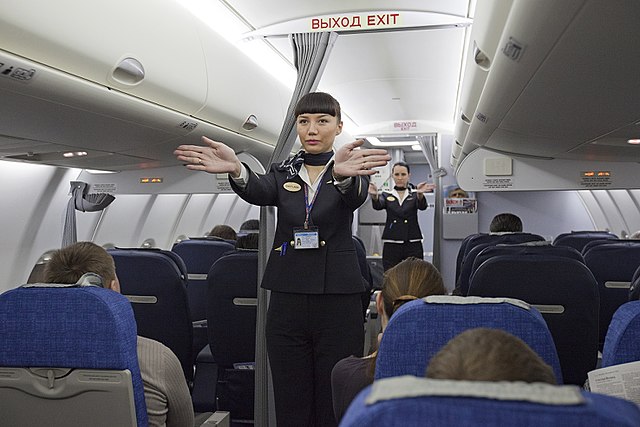
The airline had also recently published an increase in flight frequency to China with three-a-weeks services to Shanghai and Guangzhou, starting in mid-February 2023. It will also start a new route to Beijing Daxing three times a week.
With the easing of COVID induced travel restrictions in China, Aeroflot has shifted its network to a new international opening to continue operations.
Russian and Chinese Governments have maintained amicable relations and trade has recently increased. The Russia-China routes will be operated on Aeroflot’s Boeing 777 fleet.
Meanwhile in the Group, Aeroflot’s sister carrier, Rossiya Airlines will be replaced by Aeroflot on its Moscow to Kazakstan routes from February 2023. It will operate:
- a two-a-day service to Kazakhstan’s capital, Astana
- a two-a-week service to Atyrau
- a three-a-day service to Almaty.
The Kazakstan routes will be operated on the company’s Airbus A320 family fleet. It is currently operated on Rossiya’s Russian-made Sukhoi Superjets.
Additionally, the parent carrier will launch regular flights between St Petersburg and the Azerbaijan capital airport of Pulkovo Airport, Baku on its Boeing 737-800 fleet.
The twice a week service will commence on 17 February. Aeroflot also boasts direct flights from the Russian city to Antalya and Istanbul in Türkiye, Tashkent and Samarkand in Uzbekistan, Yerevan, the Armenian capital and Dubai.
As part of the revised strategy and changing network, Aeroflot stated it would create “a unified route network underpinned by a system of regional bases is stipulated as one of the Group’s key goals.”
“In addition to Krasnoyarsk, Aeroflot’s largest hub outside Moscow, the company intends to open three new regional bases in three clusters of the country: the south of the Russian Federation, the Far East, the Volga Region and the Urals.”
“Thus, all the four regional bases will ensure Aeroflot Group’s strong presence across the country.”
The Group expects its passenger numbers to grow to 65 million with all three carriers focusing on their market niches to maximise presence.
Recent international flights for the Group, where restrictions allow, have not been pursued due to the risk for its leased aircraft in its to be seized by lessors which have been stranded in Russia since the invasion of Ukraine.
Keeping Fit to Fly
Russian industry, and specifically airlines, continues to be affected by ongoing international sanctions. This is further compounded by global supply chain issues, as an aftermath of the pandemic, and the group’s aging fleet of aircraft.
Therefore, it is reported the Group may find difficulties in ensuring its fleet of non-local made aircraft (Boeings, Airbus) remain airworthy.
In relation to this, the released strategy reaffirmed the group’s focus of “independence” from international technology.
This includes a plan to increase its domestic made fleet to 70% with a huge introduction of 339 new aircraft put in operation.
Aircraft types include the Irkut MC-21s, Sukhoi Superjet 100s and Tupolev Tu-204s. This will require 3,500 additional flight crew and eight flight simulators to train them.
The Group fleet is being focused, from a maintenance and airworthiness perspective, through a single service provider within the Group, Aeroflot Technics. It strives to provide the largest maintenance centre in the Russian Federation, CIS and Eastern Europe by 2030.
It will, however, also focus solely on Russian-made technology. Airbus, Boeing, and Embraer make up 98% of the global fleet.
It was recently reported the Russian aviation authority, the Federal Air Transport Agency, recently gave approval for airlines to use non-original parts and “cannibalised” parts to maintain the aging fleets of foreign made aircraft.
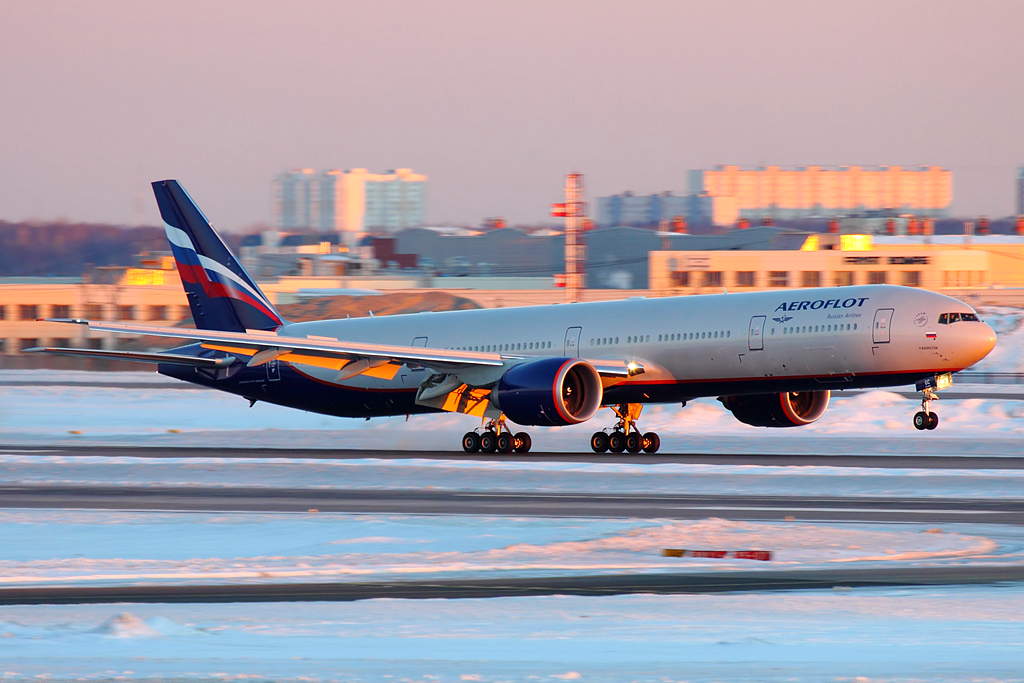
Continued Pressure
While international sanctions on travel and supply chains continue in response to the Russian invasion of Ukraine, the Aeroflot Group looks to other avenues to continue operations and revenue.
In the strategy statement, there is focus on consolidating Group working for efficiencies and to maximise market share. The Group reported a share of around 40% in 2021 with a projection to increase to 50% of all Russian air transport.
The Russian Government has also set the industry of carrying over 100 million passengers in 2023.
While the opening up of key, sanction-free destinations such as China may be welcomed by Russian airlines, with limited international support and supplies the pressure will continue to keep airlines and fleets flying.





